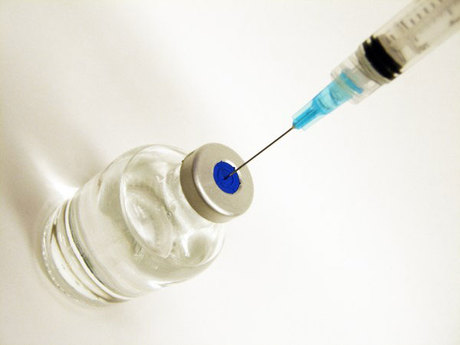BioDiem partner close to filing for vaccine exports

BioDiem (ASX:BDM) said its commercial partner Serum Institute of India (SII) is preparing to file for WHO approval to export vaccines produced using BioDiem's LAIV technology.
SII will in early 2013 file an application with the WHO and the Drugs Controller General of India (DCGI) to export seasonal flu vaccines based on the attenuated virus strains.
BioDiem CEO Julie Phillips said SII gaining export approval would likely prove lucrative for the company.
“[SII] is one of the world's largest vaccine manufacturers with significant international reach,” she said. “We expect that BioDiem's royalty streams will expand significantly once SII is able to export LAIV flu vaccine.”
The application will be supported by a recently-completed phase II efficacy trial for a seasonal LAIV flu vaccine in Bangladesh, conducted by the Program for Appropriate Technology in Health.
The randomised, placebo-controlled trial involved around 300 children, vaccinated with Nasovac - an oral, single-dose LAIV vaccine for swine flu.
SII currently already sells Nasovac in the Indian market. Royalties from the product contributed the bulk of the $1.3 million in LAIV licensing revenue received from its Chinese and Indian partners during FY12.
SII will have to also gain regulatory approval in target export markets before it can sell LAIV-based vaccines there. But BioDiem said it expects data from the Bangladesh trial and SII's regulatory work with the WHO and the DCGI to aid this process.
BioDiem is currently working with partners including Vivalis and RMIT to expand its LAIV platform to target indications beyond influenza.
BioDiem (ASX:BDM) shares were trading 10.87% higher at 5.1c as of around 3:30pm on Wednesday.
Mini lung organoids could help test new treatments
Scientists have developed a simple method for automated the manufacturing of lung organoids...
Clogged 'drains' in the brain an early sign of Alzheimer’s
'Drains' in the brain, responsible for clearing toxic waste in the organ, tend to get...
World's oldest known RNA extracted from woolly mammoth
The RNA sequences are understood to be the oldest ever recovered, coming from mammoth tissue...



